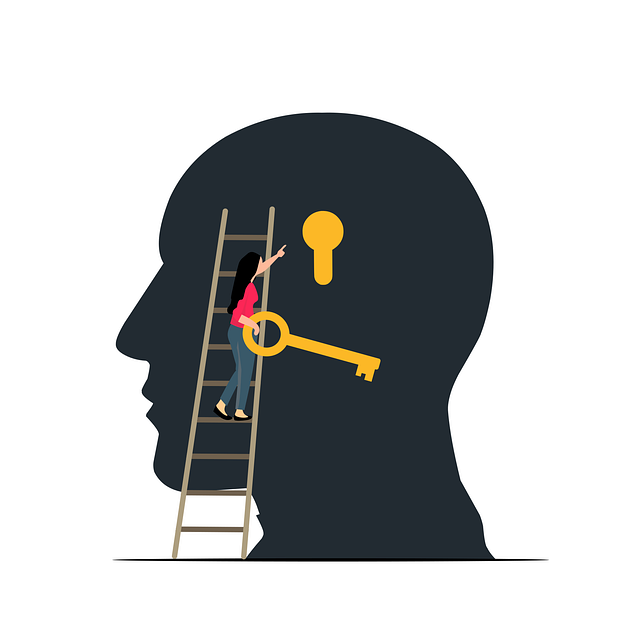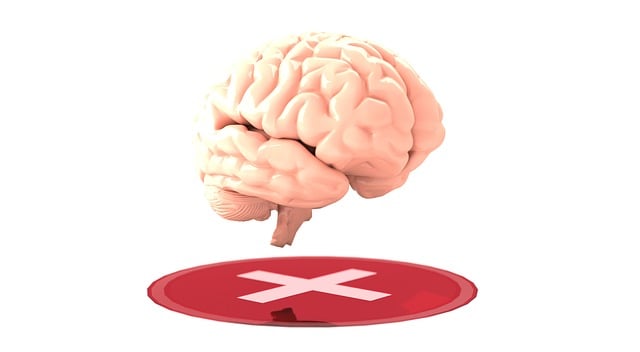Mental wellness journaling provides a safe space for young adults with conduct disorder to introspect, track thoughts/behaviors, and identify triggers. Regular reflection enhances self-awareness, equips them with coping strategies, fosters resilience, and stimulates creative expression. Through dedicated daily time, prompts, mindfulness practices, and social skills training, journaling becomes a powerful therapeutic tool tailored to individual needs, aiding in conduct disorder therapy and promoting mental wellness.
“Unleash the power of self-reflection with mental wellness journaling—a transformative tool for young adults navigating conduct disorder. This article guides you through the process, offering insights into how daily journaling can be a game-changer in managing challenges associated with this condition.
We explore the benefits of cultivating a reflection practice, highlighting its role in fostering resilience and personal growth. Additionally, practical tips and effective techniques are provided to help young adults harness the power of words as a therapeutic companion.”
- Understanding Mental Wellness Journaling for Young Adults with Conduct Disorder
- The Benefits of Daily Reflection and Self-Care in Overcoming Challenges
- Practical Tips and Techniques for Effective Journaling as a Therapy Tool
Understanding Mental Wellness Journaling for Young Adults with Conduct Disorder

Mental wellness journaling can be a powerful tool for young adults navigating conduct disorder. It provides a safe and private space to explore thoughts, emotions, and behaviors, fostering self-awareness and understanding. By regularly recording their experiences, individuals with conduct disorder can begin to identify patterns, triggers, and coping mechanisms, which is an essential step in therapy for young adults conduct disorder.
Through this practice, they can develop a resilience building routine by reflecting on past challenges and successes, enhancing their ability to cope with difficult situations. Moreover, journaling encourages the development of a self-care routine for better mental health, allowing them to prioritize their emotional well-being. By expressing themselves creatively, setting personal goals, and celebrating achievements, young adults can boost their confidence and self-esteem.
The Benefits of Daily Reflection and Self-Care in Overcoming Challenges

Engaging in daily reflection and self-care practices can significantly empower individuals, especially young adults navigating challenges like Conduct Disorder. Mental wellness journaling exercise guidance becomes a valuable tool to help them process emotions, gain insights, and cultivate resilience. By dedicating time each day to write down their thoughts, experiences, and feelings, they can better understand their triggers and develop healthier coping mechanisms.
This practice allows for emotional healing processes to begin, as it provides a safe space for self-expression. Through consistent journaling, young adults can identify patterns in their behaviors and gain new perspectives on their struggles. Moreover, mental wellness coaching programs development often incorporates these reflective practices to support individuals in overcoming Conduct Disorder and fostering overall mental wellness.
Practical Tips and Techniques for Effective Journaling as a Therapy Tool

Journaling can be a powerful therapy tool for young adults with Conduct Disorder, offering an opportunity to process emotions and gain insights into their behaviors. To make it effective, consider these practical tips. First, set aside dedicated time each day for journaling; consistency is key to building this habit. Create prompts that encourage self-reflection, such as describing your mood, recent challenges, or positive experiences. Integrate stress reduction methods by including mindfulness exercises or gratitude lists.
Additionally, incorporate social skills training by reflecting on interpersonal interactions and exploring alternative responses. Reviewing journal entries over time can help identify patterns and triggers, fostering increased self-awareness. Remember, journaling is a personal process; adapt these techniques to suit your unique needs and preferences, making it an engaging and therapeutic experience.
Mental wellness journaling offers a powerful therapy tool for young adults with conduct disorder, providing a safe space for reflection and self-care. By integrating practical tips and techniques, individuals can navigate challenges, foster personal growth, and ultimately enhance their overall mental wellness. In light of the benefits outlined in this article, encouraging young adults to adopt daily journaling as part of their holistic therapy approach could be a game-changer in managing conduct disorder effectively.








